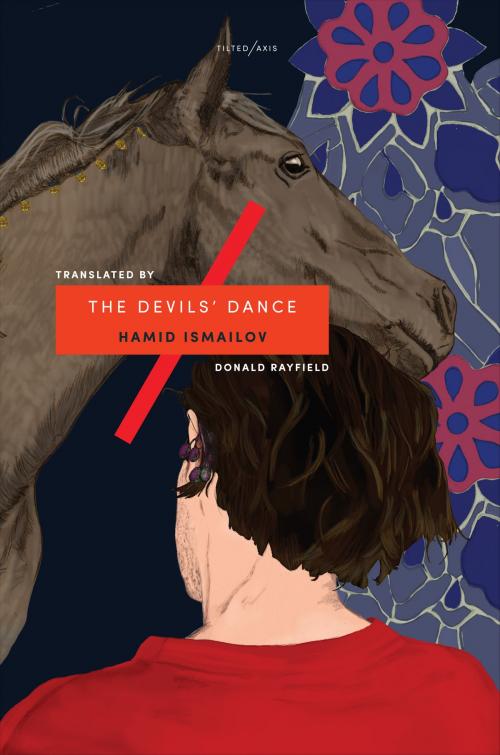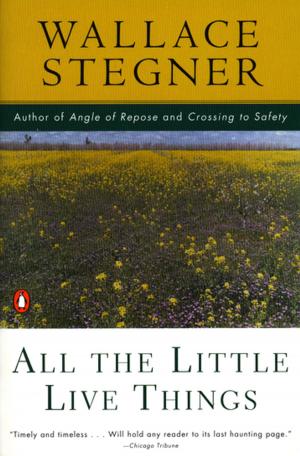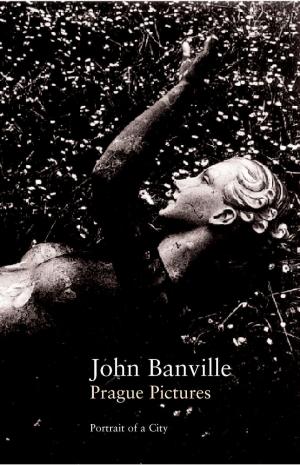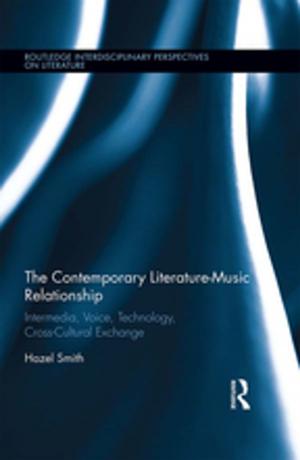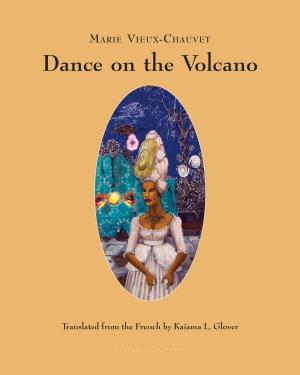| Author: | Hamid Ismailov | ISBN: | 9781911284123 |
| Publisher: | Tilted Axis Press | Publication: | March 1, 2018 |
| Imprint: | Language: | English |
| Author: | Hamid Ismailov |
| ISBN: | 9781911284123 |
| Publisher: | Tilted Axis Press |
| Publication: | March 1, 2018 |
| Imprint: | |
| Language: | English |
Winner of the EBRD Literature Prize 2019
Named One of '10 Books to Read This Spring' by Tatler Online
‘My book of the year’ — Caroline Eden
‘A mesmerising — and terrifying — novel of tremendous range, energy and potency. This brilliant translation establishes Ismailov as a major literary figure on the international scene’ — William Boyd
‘A great and timeless caravanserai’ — Barry Langridge, Former Head of Asia Region, BBC World Service
On New Year’s Eve 1938, the writer Abdulla Qodiriy is taken from his home by the Soviet secret police and thrown into a Tashkent prison. There, to distract himself from the physical and psychological torment of beatings and mindless interrogations, he attempts to mentally reconstruct the novel he was writing at the time of his arrest – based on the tragic life of the Uzbek poet-queen Oyxon, married to three khans in succession, and living as Abdulla now does, with the threat of execution hanging over her. As he gets to know his cellmates, Abdulla discovers that the Great Game of Oyxon's time, when English and Russian spies infiltrated the courts of Central Asia, has echoes in the 1930s present, but as his identification with his protagonist increases and past and present overlap it seems that Abdulla’s inability to tell fact from fiction will be his undoing.
The Devils’ Dance – by an author banned in Uzbekistan for twenty-seven years – brings to life the extraordinary culture of 19th century Turkestan, a world of lavish poetry recitals, brutal polo matches, and a cosmopolitan and culturally diverse Islam rarely described in western literature. Hamid Ismailov’s virtuosic prose recreates this multilingual milieu in a digressive, intricately structured novel, dense with allusion, studded with quotes and sayings, and threaded through with modern and classical poetry.
With this poignant, loving resurrection of both a culture and a literary canon brutally suppressed by a dictatorship which continues today, Ismailov demonstrates yet again his masterful marriage of contemporary international fiction and the Central Asian literary traditions, and his deserved position in the pantheon of both.
Praise
‘A beguiling tale of khans, commissars, spies and poet-queens... feature in a rare English translation of modern Uzbek fiction’
— Economist
'Captivating... A rare example of Uzbek literature translated into the English language – in this case admirably so by Donald Rayfield.'
— Times Literary Supplement
‘Might Hamid Ismailov’s The Devils’ Dance open Central Asian literature to the world as Gabriel García Márquez’s novels did for Latin America? Probably not—things rarely work out like that—but perhaps it deserves to’
— Asian Review of Books
'Ismailov shows that even under extreme duress, a writer's mind will still swim with ideas and inspiration... Rebellious, ironic, witty and lyrical... A work that both honours and renews that rich tradition [of Central Asian literature]'
— Financial Times
‘An intricate mixture of fact and fiction... Defiant’
— New Statesman
‘Brilliantly translated by Donald Rayfield... A rich and enthralling book’
— Tatler.com
‘Effective and moving... [Ismailov completes] his impressive portrait of the artist and his culture — and his dreadful times’
— Complete Review
‘Throughout these parallel stories, Ismailov finds moments of utter horror and of quiet relief’
— Words Without Borders
‘A beautiful evocation of different Central Asian historical worlds... The Devils’ Dance is a powerful symbol of hope in Uzbekistan’
— Calvert Journal
‘[Ismailov is] a writer of immense poetic power.’
— Guardian
Winner of the EBRD Literature Prize 2019
Named One of '10 Books to Read This Spring' by Tatler Online
‘My book of the year’ — Caroline Eden
‘A mesmerising — and terrifying — novel of tremendous range, energy and potency. This brilliant translation establishes Ismailov as a major literary figure on the international scene’ — William Boyd
‘A great and timeless caravanserai’ — Barry Langridge, Former Head of Asia Region, BBC World Service
On New Year’s Eve 1938, the writer Abdulla Qodiriy is taken from his home by the Soviet secret police and thrown into a Tashkent prison. There, to distract himself from the physical and psychological torment of beatings and mindless interrogations, he attempts to mentally reconstruct the novel he was writing at the time of his arrest – based on the tragic life of the Uzbek poet-queen Oyxon, married to three khans in succession, and living as Abdulla now does, with the threat of execution hanging over her. As he gets to know his cellmates, Abdulla discovers that the Great Game of Oyxon's time, when English and Russian spies infiltrated the courts of Central Asia, has echoes in the 1930s present, but as his identification with his protagonist increases and past and present overlap it seems that Abdulla’s inability to tell fact from fiction will be his undoing.
The Devils’ Dance – by an author banned in Uzbekistan for twenty-seven years – brings to life the extraordinary culture of 19th century Turkestan, a world of lavish poetry recitals, brutal polo matches, and a cosmopolitan and culturally diverse Islam rarely described in western literature. Hamid Ismailov’s virtuosic prose recreates this multilingual milieu in a digressive, intricately structured novel, dense with allusion, studded with quotes and sayings, and threaded through with modern and classical poetry.
With this poignant, loving resurrection of both a culture and a literary canon brutally suppressed by a dictatorship which continues today, Ismailov demonstrates yet again his masterful marriage of contemporary international fiction and the Central Asian literary traditions, and his deserved position in the pantheon of both.
Praise
‘A beguiling tale of khans, commissars, spies and poet-queens... feature in a rare English translation of modern Uzbek fiction’
— Economist
'Captivating... A rare example of Uzbek literature translated into the English language – in this case admirably so by Donald Rayfield.'
— Times Literary Supplement
‘Might Hamid Ismailov’s The Devils’ Dance open Central Asian literature to the world as Gabriel García Márquez’s novels did for Latin America? Probably not—things rarely work out like that—but perhaps it deserves to’
— Asian Review of Books
'Ismailov shows that even under extreme duress, a writer's mind will still swim with ideas and inspiration... Rebellious, ironic, witty and lyrical... A work that both honours and renews that rich tradition [of Central Asian literature]'
— Financial Times
‘An intricate mixture of fact and fiction... Defiant’
— New Statesman
‘Brilliantly translated by Donald Rayfield... A rich and enthralling book’
— Tatler.com
‘Effective and moving... [Ismailov completes] his impressive portrait of the artist and his culture — and his dreadful times’
— Complete Review
‘Throughout these parallel stories, Ismailov finds moments of utter horror and of quiet relief’
— Words Without Borders
‘A beautiful evocation of different Central Asian historical worlds... The Devils’ Dance is a powerful symbol of hope in Uzbekistan’
— Calvert Journal
‘[Ismailov is] a writer of immense poetic power.’
— Guardian
